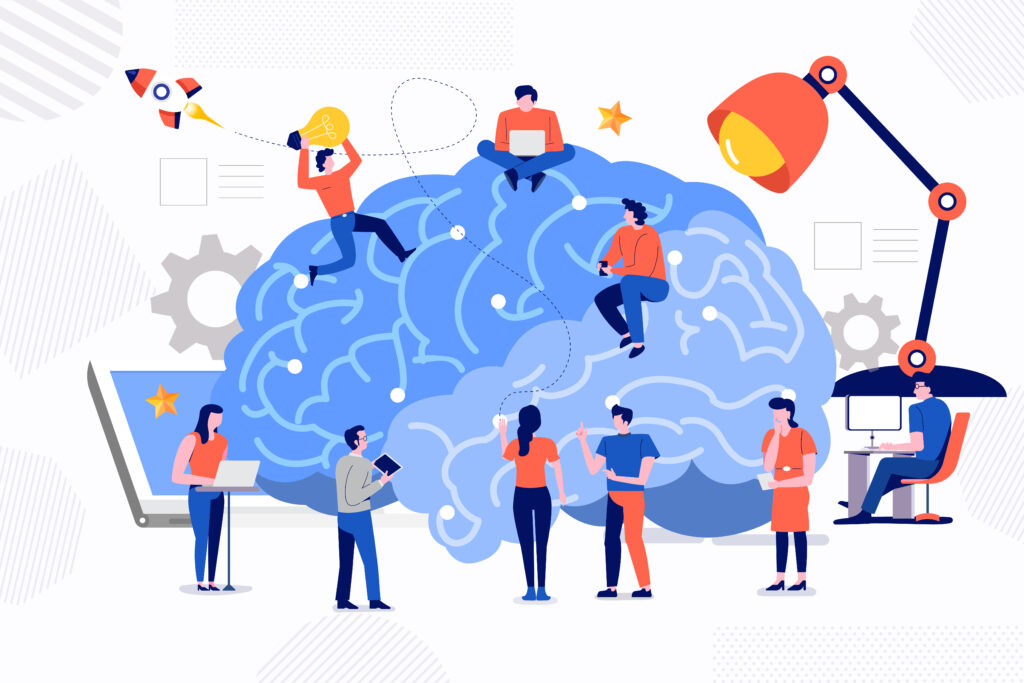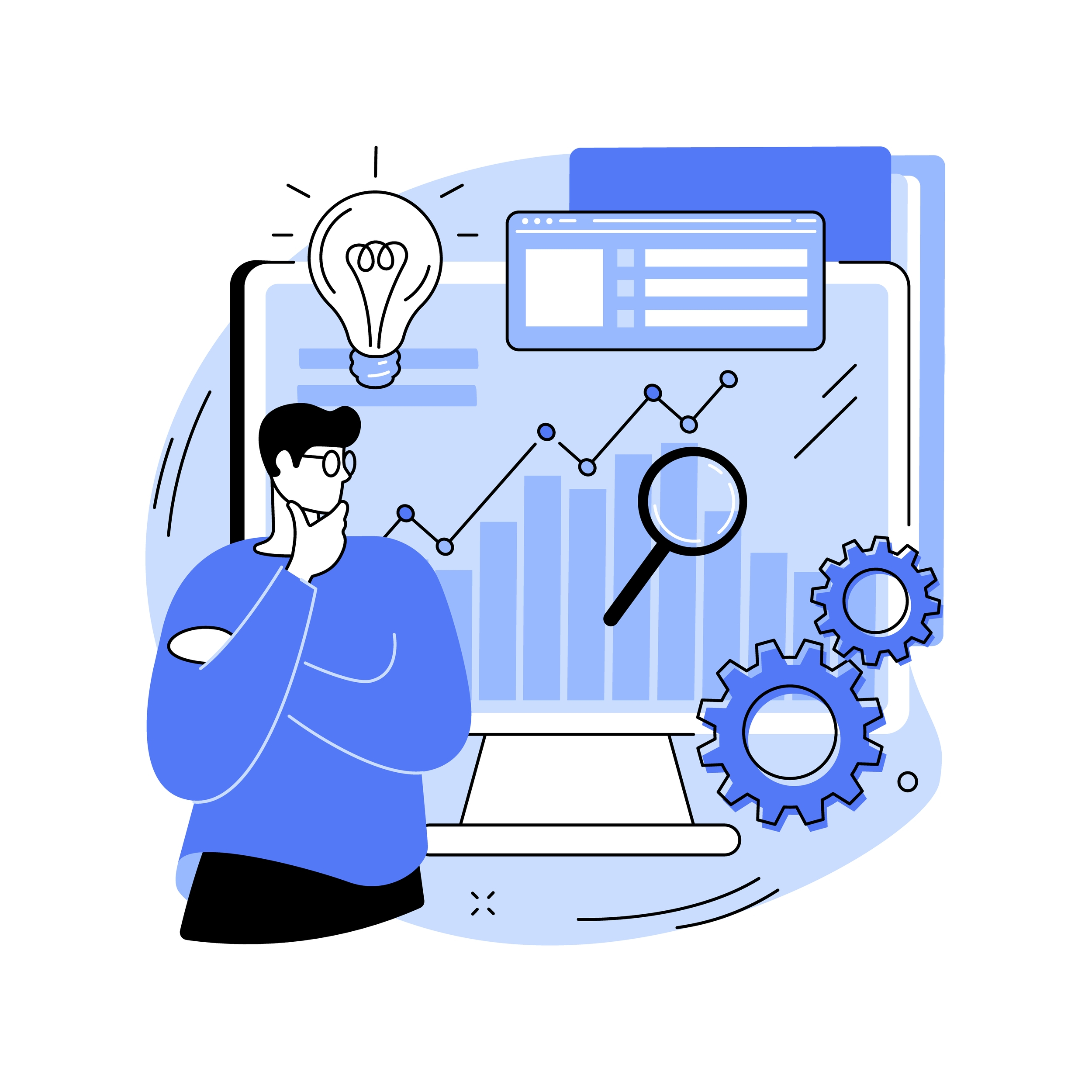Business intelligence jobs are a fundamental role for businesses, but can it be automated?
In this article, we’ll give you all the answers. Let’s get started!

What is business intelligence?
Business intelligence (BI) refers to the technology, processes, and applications used to collect, integrate, analyze, and present business data in a way that helps organizations make informed and data-driven decisions.
Businesses need this data to make the right decision. It’s a fundamental part of running a successful business to have access to this data.
The overall goal of BI is to provide users with the insights and information they need to make better decisions, improve business processes, and ultimately achieve organizational goals.
What are the jobs roles around business intelligence?
Business intelligence professionals play a critical role in helping organizations analyze and interpret data, create reports and dashboards, and identify trends that can inform business decisions.
Right now, there are many jobs that work around business intelligence. Here are some common ones.
Business Intelligence Analyst
They are responsible for analyzing and interpreting data from various sources, creating reports and dashboards, and identifying trends and insights to help drive business decisions.
Data Analyst
They are responsible for collecting, analyzing, and interpreting data from various sources, creating reports, and identifying patterns and trends to help drive business decisions.
BI Consultant
They are responsible for providing expert advice and guidance on BI strategy, technology, and implementation to clients or within an organization.

Can business intelligence jobs be automated?
Certain aspects of business intelligence can be automated.
In fact, automation is becoming increasingly important in business intelligence as organizations strive to process and analyze larger volumes of data in less time.
Some of the areas in business intelligence that can be automated include:
Data collection – can be used to collect data from various sources, including social media, websites, and databases.
Data integration – can be used to integrate data from different sources, transform it into a standard format, and load it into a data warehouse or a data lake.
Data analysis – can be used to apply statistical algorithms and machine learning models to data to identify patterns and insights.
Report generation – can be used to generate reports and dashboards automatically, based on predefined criteria.
Interested in learning more about data? Check out our article “Data visualization: How to use it effectively.”

However, it’s important to note that while automation can be helpful in streamlining certain aspects of business intelligence, it cannot replace human expertise entirely.
Human analysts are still needed to interpret the results, provide context, and make informed decisions based on the insights generated by automation tools.
The job market for business intelligence roles is expected to grow 23% from 2021 to 2031.
The use of AI isn’t for these roles to be extinct in the business world. It’s to assist these roles in the everyday tasks that make it easier for them to analyze data.
Final thoughts on business intelligence
Business Intelligence is a critical component for organizations to make data-driven decisions and achieve their business goals. AI won’t be replacing business intelligence jobs, it will be assisting.
While certain aspects of BI can be automated, human expertise is still essential for interpreting results, providing context, and making informed decisions based on the insights generated by automation tools.
Therefore, the use of automation tools is meant to assist BI professionals in their everyday tasks rather than replace them entirely.

